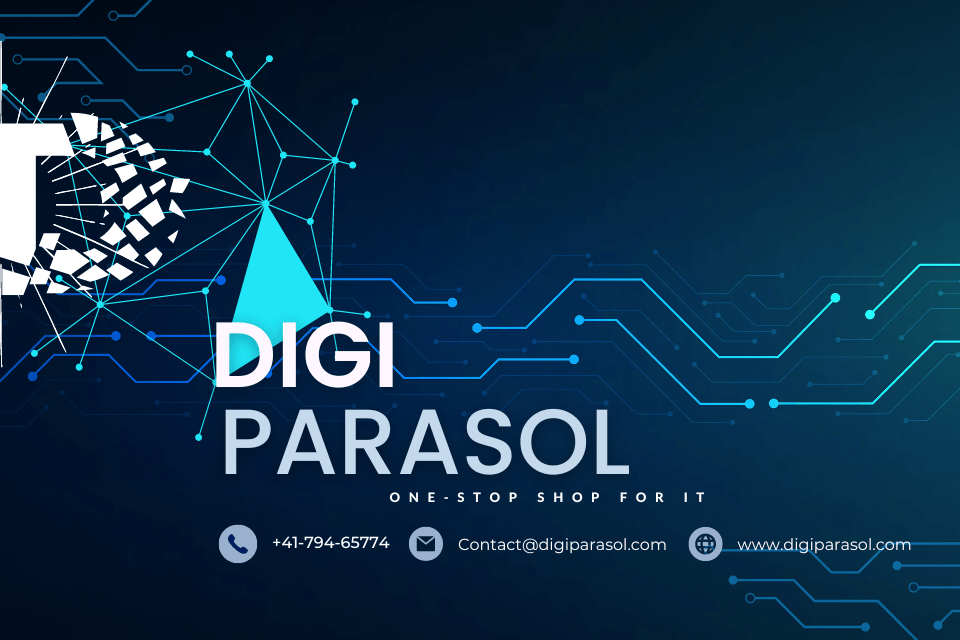In today’s rapidly changing business environment, it is crucial for organizations to continuously invest in training and development programs to ensure that employees have the necessary skills and knowledge to succeed in their roles. One effective way to enhance these training programs is by using skill assessment tools. These tools can provide valuable insights into employees’ strengths and areas for development, allowing organizations to tailor their training programs to meet the specific needs of their workforce.
Benefits of Using Skill Assessment Tools
There are several key benefits to incorporating skill assessment tools into training programs:
1. Identify Skill Gaps: By conducting skill assessments, organizations can pinpoint areas where employees may be lacking in skills or knowledge. This information can help organizations create targeted training programs to address these gaps and ensure that employees have the skills they need to excel in their roles.
2. Personalized Learning: Skill assessment tools can provide individualized feedback to employees, allowing them to focus on areas where they need to improve. This personalized approach to learning can help employees develop their skills more effectively and quickly.
3. Measure Progress: Skill assessment tools can also be used to track employees’ progress over time. By regularly assessing employees’ skills, organizations can measure the impact of their training programs and make necessary adjustments to ensure continuous improvement.
4. Increase Employee Engagement: By providing employees with opportunities to assess their skills and set goals for improvement, organizations can increase employee engagement and motivation. Employees are more likely to be engaged in training programs when they see a clear path for development and growth.
Tips for Getting Started
If you’re considering incorporating skill assessment tools into your training programs, here are some tips to help you get started:
1. Define Your Training Goals: Before implementing any skill assessment tools, it’s important to clearly define your training goals. What specific skills do you want employees to develop? What are the key competencies required for success in your organization? Understanding your training objectives will help you select the most appropriate assessment tools to meet your needs.
2. Choose the Right Assessment Tools: There are a wide variety of skill assessment tools available, ranging from simple self-assessments to more complex online platforms. Consider your budget, the size of your organization, and the specific skills you want to assess when choosing the right tools for your training programs.
3. Communicate with Employees: It’s important to communicate with employees about the purpose and value of skill assessments. Make sure that employees understand how the assessments will be used and how they can benefit from them. Encourage employees to take ownership of their own development and set goals for improvement based on the assessment results.
Essential Equipment for Skill Assessment
When it comes to implementing skill assessment tools, there are a few essential pieces of equipment that you may need:
1. Computers or Tablets: Many skill assessment tools are web-based or require users to access online platforms. Make sure that employees have access to computers or tablets to complete these assessments.
2. Internet Access: Reliable internet access is essential for employees to access online skill assessment tools. Make sure that your organization’s network can support the use of these tools.
3. Assessment Software: Depending on the type of skill assessments you plan to conduct, you may need to invest in assessment software. This software can help you track employees’ progress, generate reports, and analyze assessment results.
In conclusion, using skill assessment tools can be a valuable way to enhance training programs and ensure that employees have the skills they need to succeed in their roles. By identifying skill gaps, providing personalized learning opportunities, measuring progress, and increasing employee engagement, organizations can create more effective and impactful training programs. With the right tools and equipment, organizations can leverage skill assessments to drive continuous improvement and help employees reach their full potential.


